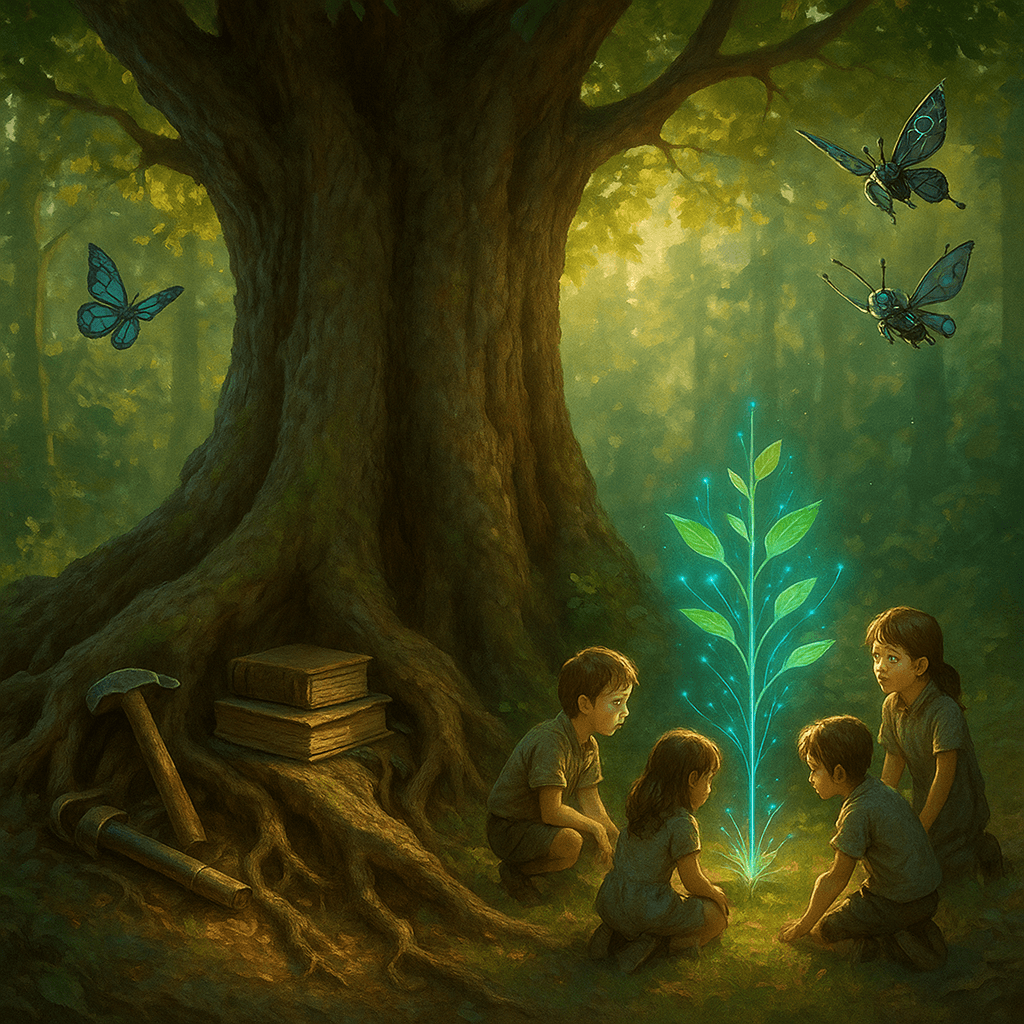Embracing New Generations in a Changing World

Don’t limit a child to your own learning, for he was born in another time. — Rabindranath Tagore
Recognizing Generational Shifts
Rabindranath Tagore’s quote underscores the necessity of recognizing that each generation enters a world different from the last. As society evolves, so too do its technologies, cultures, and ideologies, creating a unique environment for each cohort. This wisdom cautions parents and educators against imposing their outdated worldviews on children, acknowledging that young minds are shaped by different experiences and opportunities.
The Pitfalls of Projecting Our Pasts
Holding too tightly to our own educational experiences can unintentionally stifle a child’s curiosity and innovation. For example, relying solely on rote memorization—a mainstay in many past curricula—may not serve children dealing with today’s complex, fast-changing realities. As noted by educational theorist John Dewey (*Democracy and Education*, 1916), truly effective teaching evolves with the world, cultivating a spirit of inquiry rather than conformity.
Encouraging Adaptive Learning
Instead of limiting children to inherited knowledge, adults should foster adaptive learning strategies. This involves encouraging critical thinking, creativity, and resilience, all of which are essential for navigating modern challenges. For instance, with rapid advancements in digital technology, students today need to learn skills like coding or digital literacy, which might have been unimaginable in previous generations.
Mutual Growth Between Generations
Furthermore, Tagore’s insight highlights the potential for reciprocal learning. When adults remain open to the perspectives and skills of youth, intergenerational exchange can flourish. Anecdotes abound of grandparents learning smartphone basics from their grandchildren, illustrating how the flow of knowledge is no longer unidirectional. Such exchanges enrich both parties and help bridge the generational gap.
Honoring the Spirit of Progress
Ultimately, honoring Tagore’s advice is about trusting in humanity’s continual progress. By nurturing children to become fluent in the language of their own era—rather than constraining them within the boundaries of ours—we empower them to create better futures. This approach not only respects the individuality of each child but also strengthens society's collective ability to adapt and thrive.